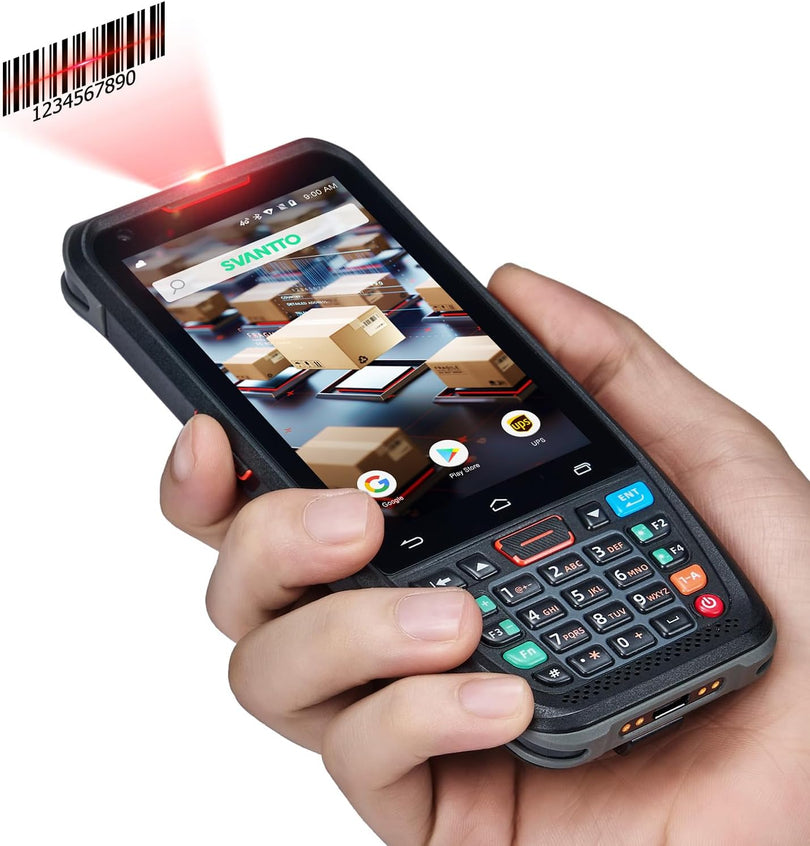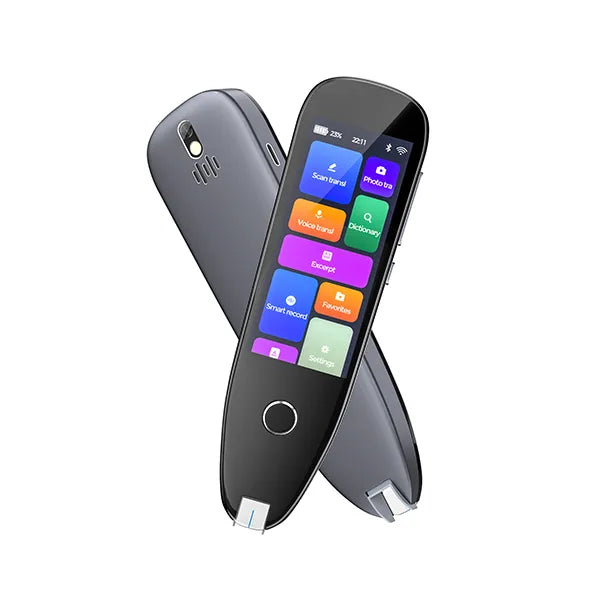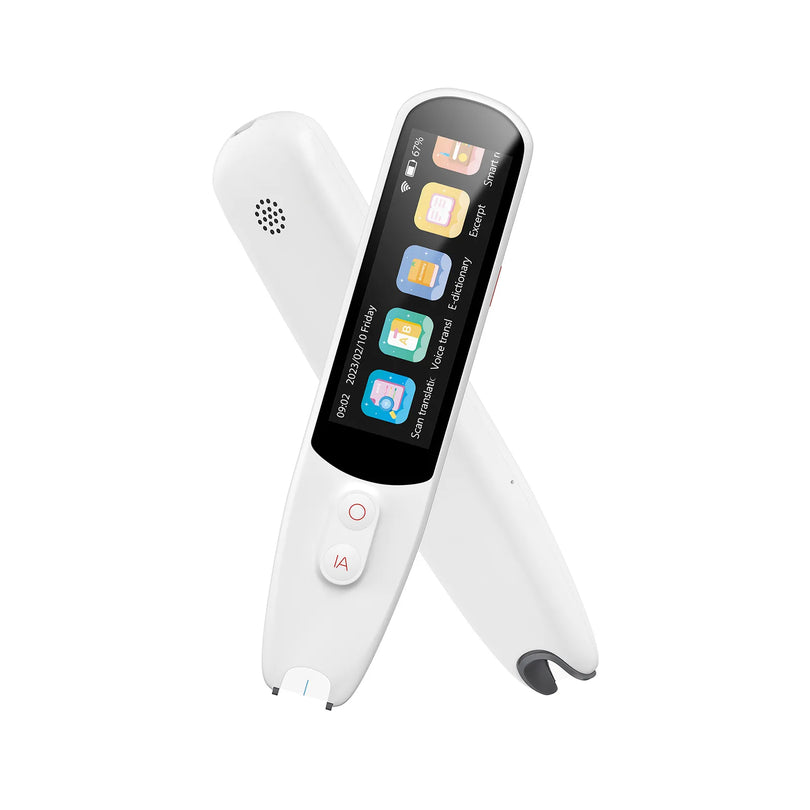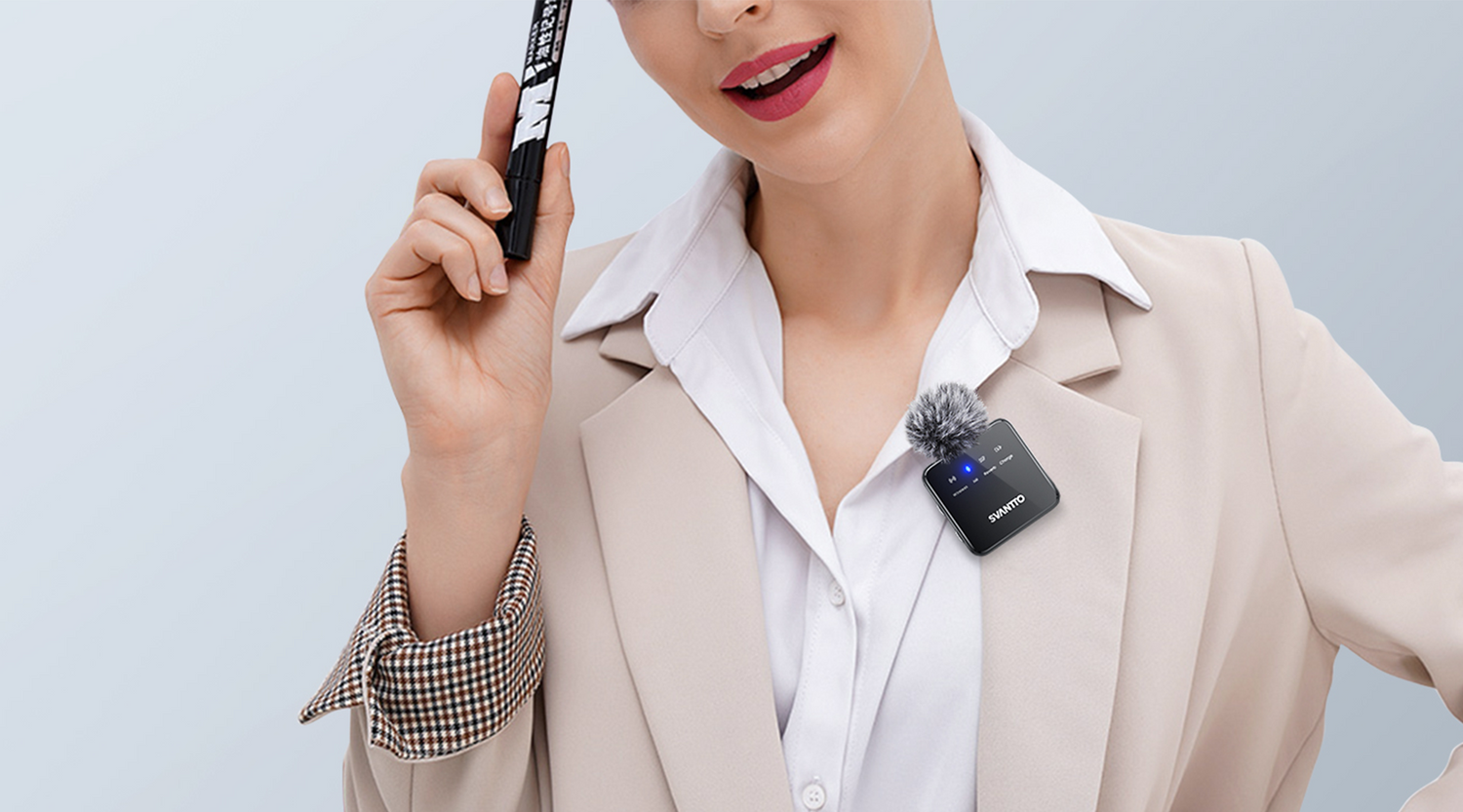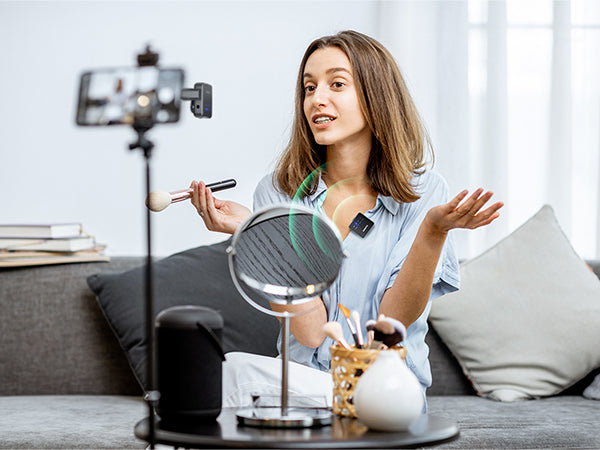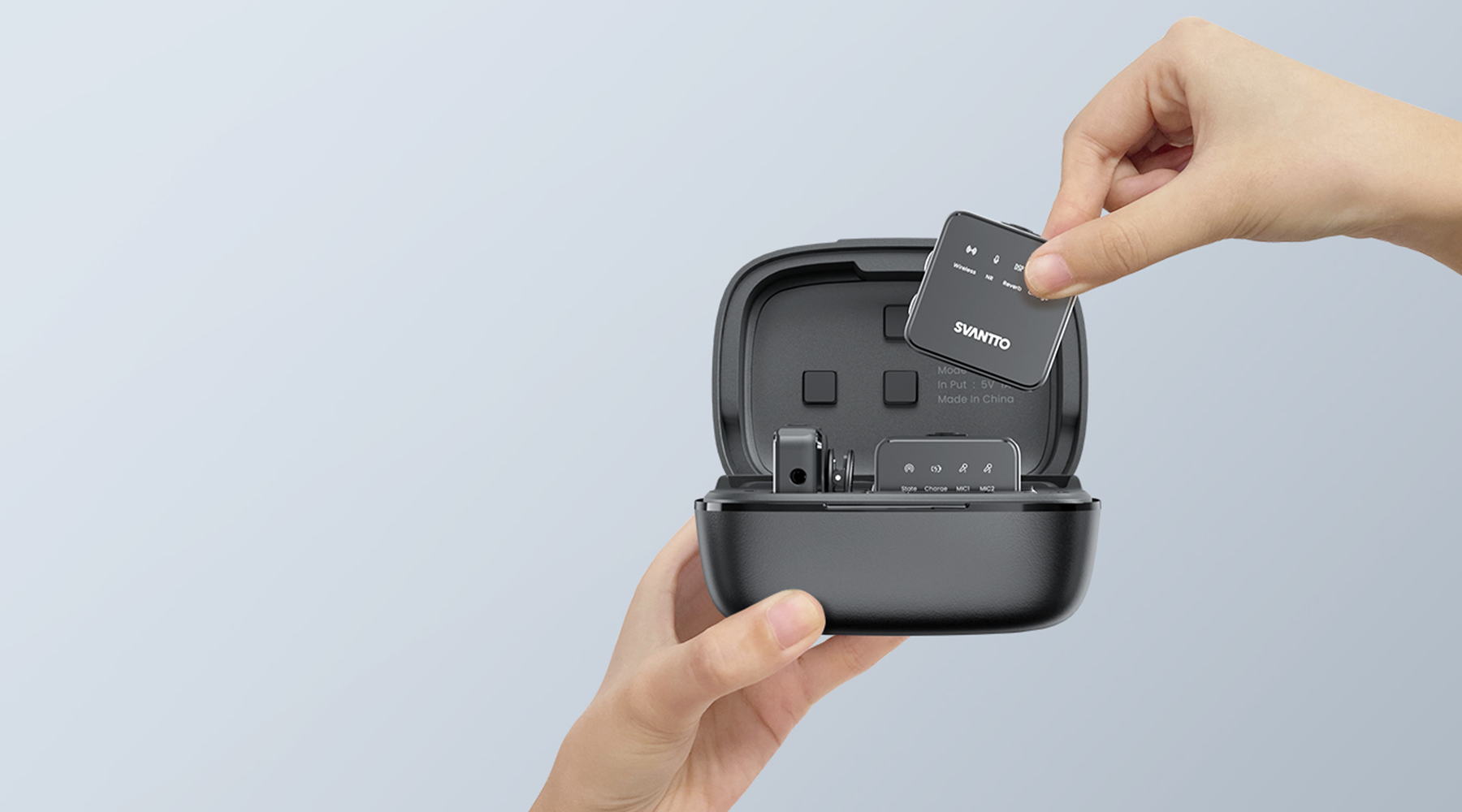A wireless microphone system is a piece of equipment that allows you to use microphones without having the cables get in the way. It's a simple concept, but there are many different types of systems out there, each with their own advantages and disadvantages. This article will explore the basics of how a wireless microphone works so you can make an informed decision when buying one for your next event!
A wireless microphone also refers to a wireless microphone system.
A wireless microphone also refers to a wireless microphone system. A wireless microphone can be used in many different situations and will generally include a transmitter and receiver. The transmitter is connected to the microphone, while the receiver is connected to your sound system. The microphone will be connected directly into the transmitter, so that when you speak into it, it sends signals through radio waves that are picked up by your receiver (which then plays them through speakers).
Wireless microphones are made up of three elements: microphone, transmitter, receiver
- Microphone: A microphone is a transducer that converts sound into an electrical signal. The microphone then sends this signal to the transmitter via a cable or wirelessly.
- Transmitter: The transmitter receives the audio signal from the microphone and converts it into radio frequency (RF). It then transmits this RF signal to your receiver through airwaves or wires, depending on whether you have an analog or digital wireless system.
- Receiver: The receiver picks up the RF signal sent by your transmitter and decodes it back into sound waves, which are amplified before being sent to speakers or headphones for listening purposes.
Advantages of wireless microphones
Wireless microphones are a great option for anyone who needs to use a microphone. They offer many benefits over wired microphones, such as:
- No tripping over cables! Wireless microphones allow you to move freely without worrying about tangling or stepping on wires. You can even stand off-stage while singing and dancing if you want.
- The ability to use a wireless microphone in many different situations. Wireless microphones give performers more freedom of movement than traditional wired ones do, which is especially useful when performing routines that require quick movements and lots of jumps around the stage (such as dance numbers).
- Extended range—most wireless mics can transmit up to 300 feet away from the receiver unit! This means they're perfect for large performances where it would be difficult or impossible otherwise (like outdoors). It also means that performers don't need an assistant standing close by holding up their mic while they sing onstage; instead, performers can step away from their amps so there's less clutter onstage during performances overall."
What is a wireless microphone used for?
- Live performances: For example, a concert pianist or singer might use a wireless microphone to ensure that their audience can hear them perform.
- Broadcasting: For example, sports announcers will often use a wireless mic so they can move around while they talk without disturbing the sound quality of their commentary.
- Vlogging: People who make videos on YouTube or other sites often use microphones that wirelessly connect to their phones or cameras so that viewers can see and hear them talking about whatever topic it is they're covering.

- Education purposes: such as podcasts from teachers and professors teaching classes at colleges and universities; news broadcasts from schools where students record their own radio station shows; classroom lectures by teachers teaching classes at schools such where professors give lectures about various topics related to engineering or technology fields like quantum mechanics; etcetera! You get the idea...
What to consider when choosing the right wireless microphone for you?
When choosing a wireless microphone, there are a few things to consider.
First, think about your budget and how much money you want to spend on the item. If you have a tight budget, then you could go for something cheap and basic that does not have many features or options. If you want better sound quality and more features such as range adjustment or different modes then it might be worth investing in something more expensive but still affordable.
Next, think about what type of event you are going to use the microphone at and what distance from the speaker will be needed so that everyone can hear clearly without distortion or breaking up (e.g., if someone is speaking from behind glass). Also consider if there are any other factors that may affect how well it works (e.g., windy conditions).
Finally, make sure that there is good battery life before buying because this means less time spent charging them again which makes things easier when organising events where power outlets might not be available such as outdoors on stage performances!
Svantto Wireless Lavalier Microphone IWM01
It features duel channel receiver and two transmitters – this means it can work as both a receiver and transmitter at the same time. This allows for more flexibility in terms of how you want to record audio when using this device.
The Svantto wireless microphone uses 2.4GHz digital transmission technology, which provides clearer sound quality over other types of wireless microphones available on the market today. It also has an 5 hours battery duration, which is enough to last through most shoots without needing to be recharged during filming or photography sessions (note: if you plan on using your device for longer periods of time, it comes with charging chase which supports extra 2.6 hours battery life).
Another nice feature about this particular product is its 360 rotatable clip; it makes holding onto your camera easier while also keeping hands free so they’re free for shooting purposes! Plus if you do happen drop something while holding onto the device then no worries – because there are no cables involved with this model there won't be any breaking issues either."

Conclusion
So there you have it. If you’ve been wondering how wireless microphones work, now you know! Wireless microphones are useful in many different situations and can be used to make your life easier when performing or recording.

